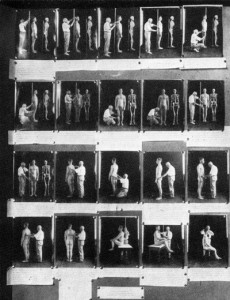Sterilization and the British Conservative party: rethinking the failure of the Eugenics Society’s political strategy in the nineteen-thirties. Bradley W. Hart and Richard Carr
This article argues for a revised view of the British eugenic sterilization campaign, proposing that a failure to maximize the contemporary political terrain significantly contributed to its lack of legislative success. The Eugenics Society’s unwillingness to alienate Labour or overtly to link sterilization to concerns articulated by Conservative M.P.s rendered it somewhat rudderless when, actually, it could have been attached to broader concerns (including the economic depression). While there were key elements arguing for a more aggressively pro-Tory stance, the fact that the strongest advocate of this course, George Pitt-Rivers, was so sympathetic to Nazi Germany undermined this strategy’s chances.
Representing commodified space: maps, leases, auctions and ‘narrations’ of property in Delhi, c.1900−47. Anish Vanaik
This article examines three ways of representing space as a commodity that played key roles in colonial Delhi: maps, lease deeds and auctions. These representations were related to the buying and selling of real estate in distinct ways. At the same time, they also referred to and relied on each other to give effect to their pronouncements. Two elements can be traced running through these disparate representations: connections between space and time, and the imbrication of state and property market. This article argues that the ability to utilize these elements in order to develop narratives about urban space was a critical constituent of state power

